
Merry Christmas from Valdivia
A personal review of the year – and an outlook for the new year 2026 from Valdivia.
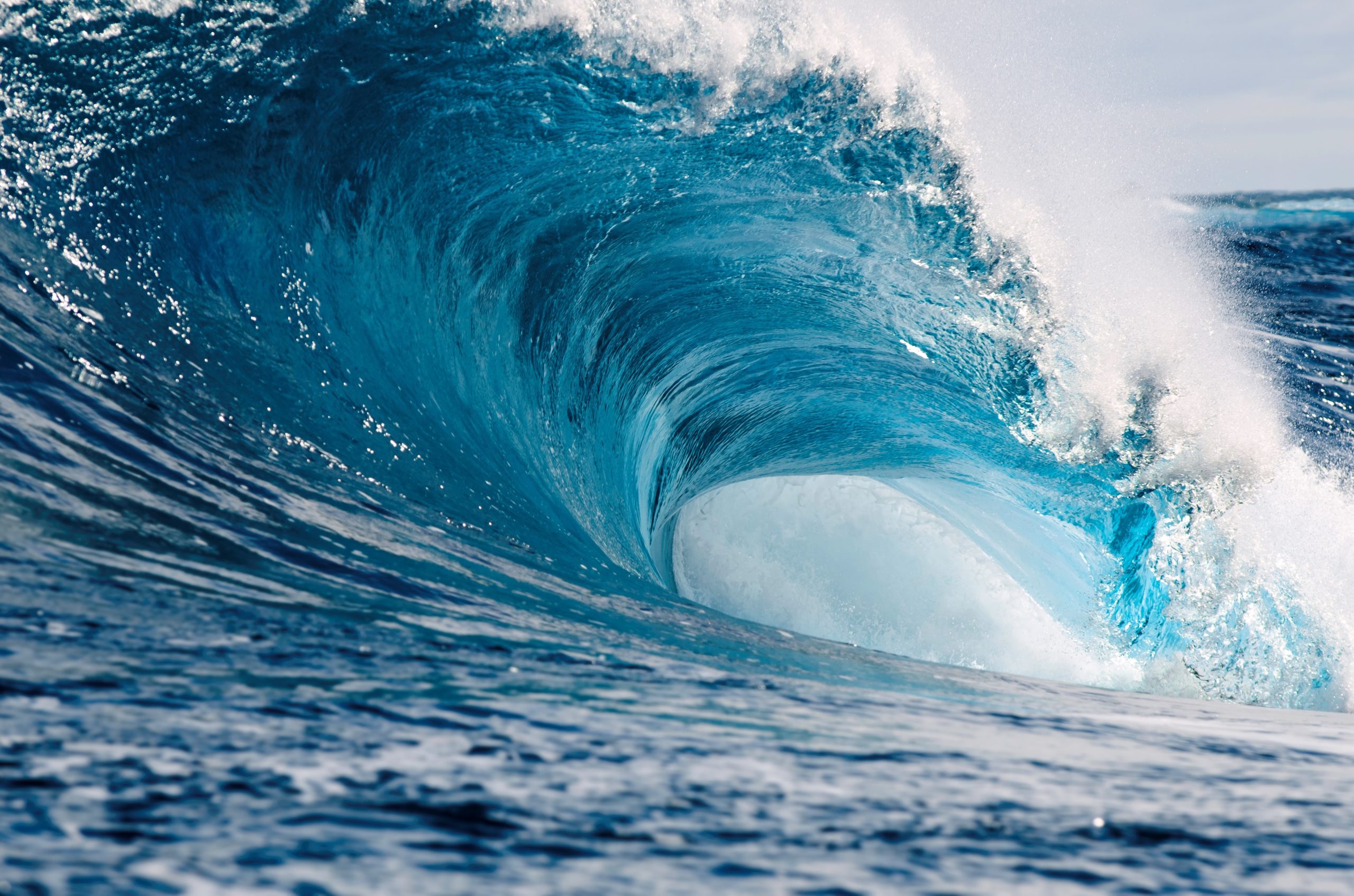
The 8th of June marked the 12th “World Oceans Day” — this time it ran under a special motto: 2021 is also the start of the United Nations’ “Decade of Ocean Research for Sustainable Development” … Reason enough for us to dedicate the first Valdivia Special to this topic.
The world’s oceans — Life’s Foundation and Climate Saviour
When German research vessel Valdivia set sail on 31 July 1898, the United Nations was but a distant dream. Yet, even then, scientists like expedition leader Carl Chun (1852 — 1914, born in Höchst, today Frankfurt am Main) were convinced that the world’s oceans were of immense importance to humankind. And right he was: Today, the oceans are an important source of food, energy, raw materials, active ingredients for medicines and, last but not least, a space for sport and recreation.
After going very much unnoticed in the past, another capacity of the ocean is currently gaining in importance: the water of the oceans also absorbs a considerable amount of carbon dioxide (CO2) from the atmosphere, about 2.6 billion tonnes every year, corresponding to approx. 31 percent of man-made CO2 emissions. However, it is unclear how long the oceans are oing to be able to absorb this amount. CO2 dissolved in water also increases the acidity of the water – with potentially severe consequences for many sea creatures, as any aquarist can confirm.
The UN Decade of Ocean Exploration
The United Nations has set up a framework for co-ordinating a wide variety of research projects in the decade from now until 2030. In addition to biological, meteorological and other classic tasks, economic and social aspects are impacting ocean research more and more: the shipping industry, fisheries, aquacultures as well as coastal residents and the tourism industry all benefit from the results. When the first World Ocean Assessment was published in 2016, significant changes and losses in the structure, function, and benefits of the oceans were already being observed. Therefore, science-based measures to mitigate and adapt to global change are urgently needed in the coming decades.
The goal of the UN Decade is first to coordinate existing know-how, make better use of it and feed it into political decisions. To be more precise, this means that digital scenarios and models are to be developed which, through improved predictions, will help decision-makers in politics and business to select the best, future-proof and sustainable measures in each case. Long-term goals include the elimination of ocean pollution, a more accurate understanding of climate impacts, and a sustainable Blue Economy in which use, understanding and responsibility go hand in hand.

A personal review of the year – and an outlook for the new year 2026 from Valdivia.

This year's EXPO REAL 2025 once again highlighted the profound changes taking place in the real estate industry.
Valdivia was right at the heart of it all – engaging in dialogue about strategies, innovations and future prospects. Read our review here!

How much of our everyday lives is connected to the sea – and how much of our future lies in the Arctic? On 25 September, the United Nations' World Maritime Day reminds us how inextricably linked life on Earth is to the oceans.
To mark this occasion, we at Valdivia would like to present two current AWI projects.

Team spirit meets running shoes...
Valdivia was back at the J.P. Morgan Corporate Challenge in Frankfurt in 2025 – full of energy, good spirits and genuine team spirit.
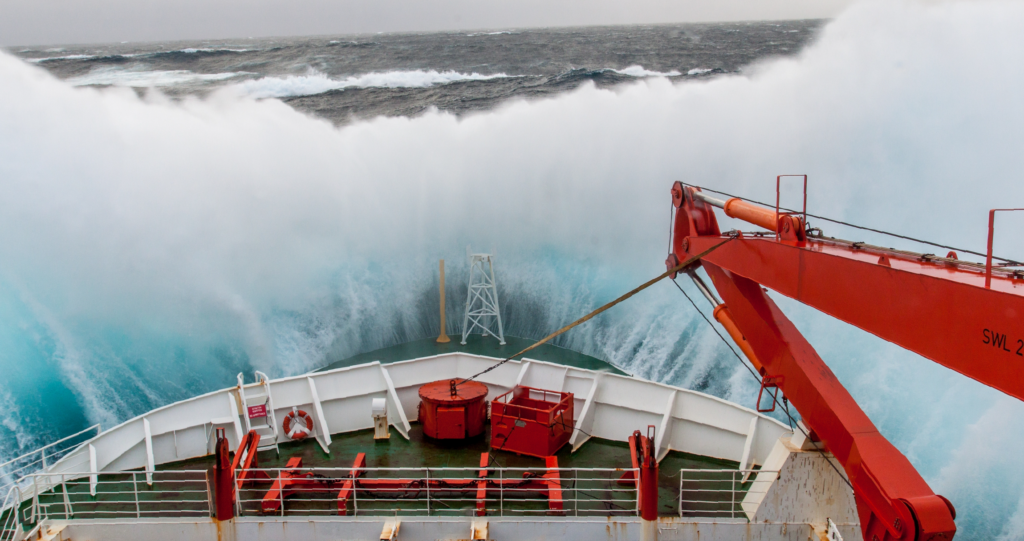
Back from Antarctica: The Polarstern provides new impetus for climate and marine research – and for the future of German polar expeditions. A project of the Alfred Wegener Institute, supported by Valdivia as a funding partner. Read more in our latest article.

On the way back from MIPIM 2025 - with many impressions and after in-depth discussions!
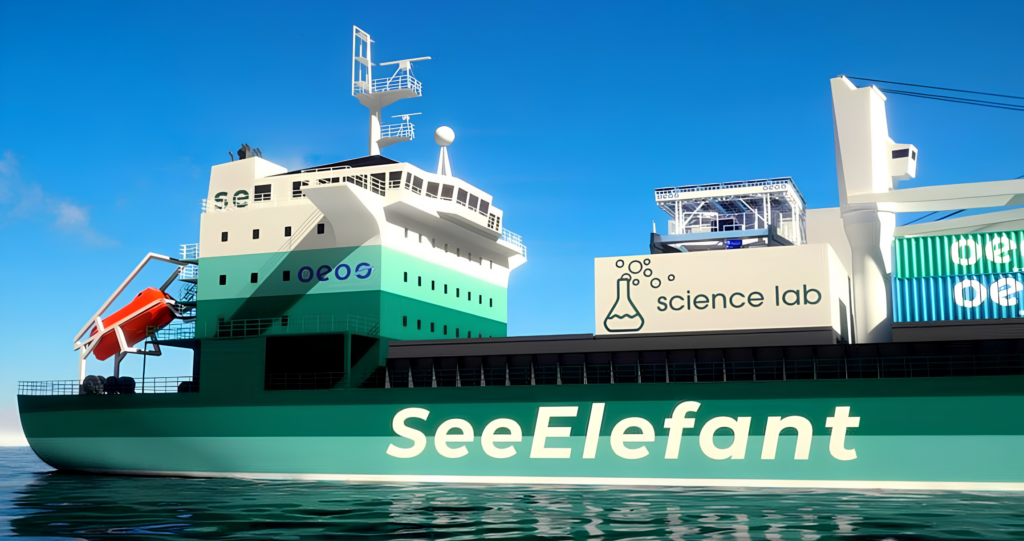
In addition to the research work of the Alfred Wegener Institute, we in Valdivia are now also supporting the ‘Maritime Waste Disposal’ project of One Earth – One Ocean, or oeoo for short. Read more in the latest article in our Future series!
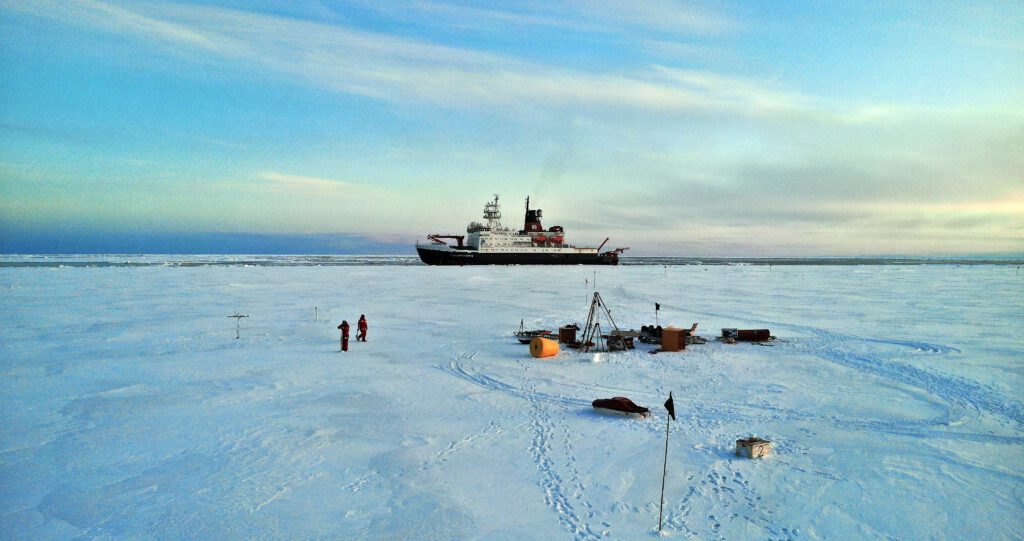
We have been fascinated by the world's oceans for four years, from the very start of Valdivia Now, as a member of the Friends of the Alfred Wegener Institute, we are actively involved in supporting scientific projects, educational programmes and public relations. Learn more about the important work of the AWI and its "Polarstern"!

Find out how Valdivia experienced this year's Expo Real!

Valdivia at the 30th JPMCC in Frankfurt - it truly was a happening!
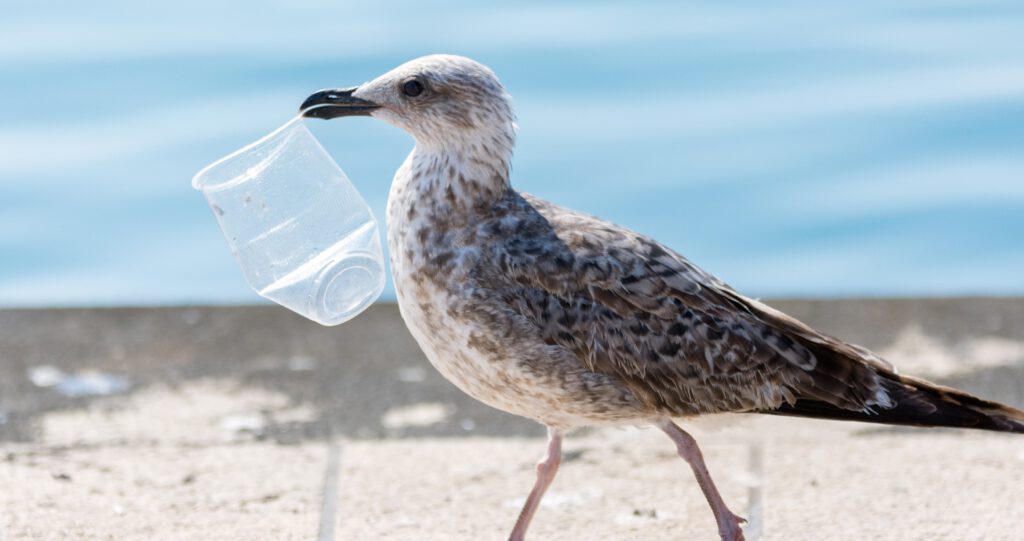
The fight against plastic waste in the oceans has only just begun. But it already has some heroes who are achieving considerable success within the realms of possibility. One of them is 4ocean. Join us and findout more about this pioneering company - and how you can support it and benefit yourself in the process.
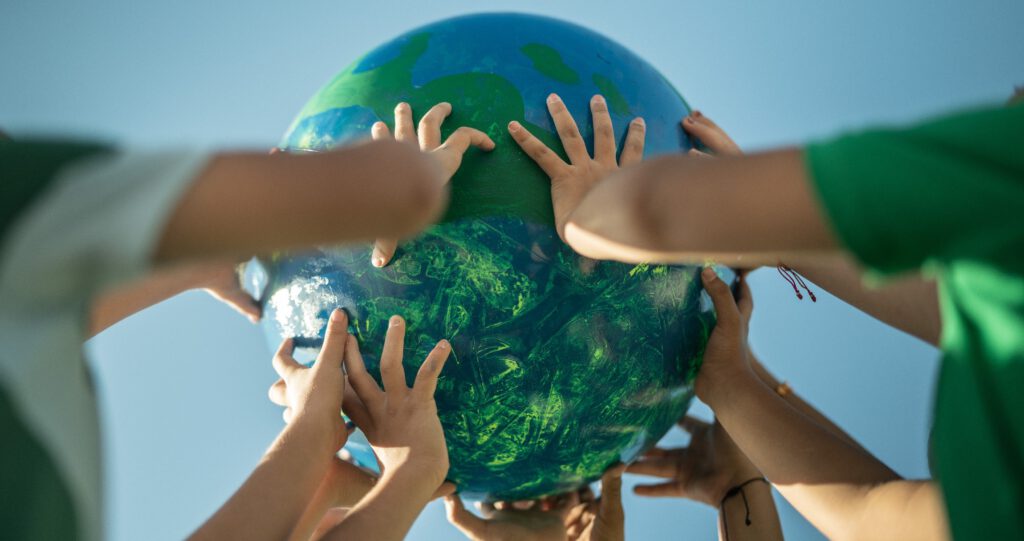
Our Valdivia Future series today features Earth Day, which takes place every year on 22 April - read more and make a difference!
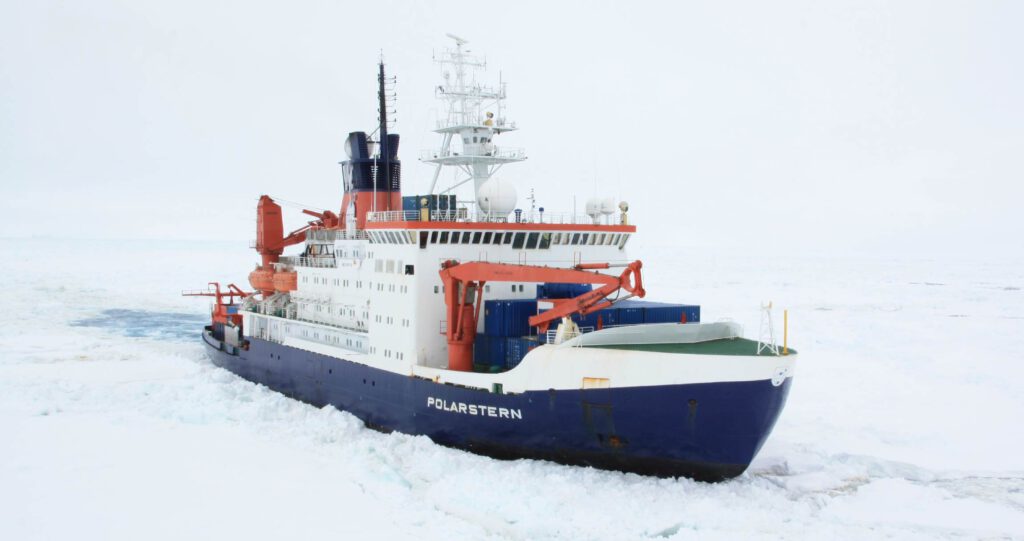
As a successor of sorts of ’our’ Valdivia, the Polarstern is at the center of our series Future: Marine Research – and serves as an example for the groundbreaking scientific work on the interaction between oceans and the climate as well as approaches to marine protection.

How was MIPIM 2024 as seen by Valdivia? Here you find our review of this year's fair.

We are truly delighted to receive this award: together with our creative agency, we were honoured as "Winner" of the German Design Award 2024. Read onhere!

Merry Christmas 2023!

REFD 2023 in Frankfurt again was a truly important forum for the ndustry. Find out more in this article.

Read on toi find out our feedback on the fair!
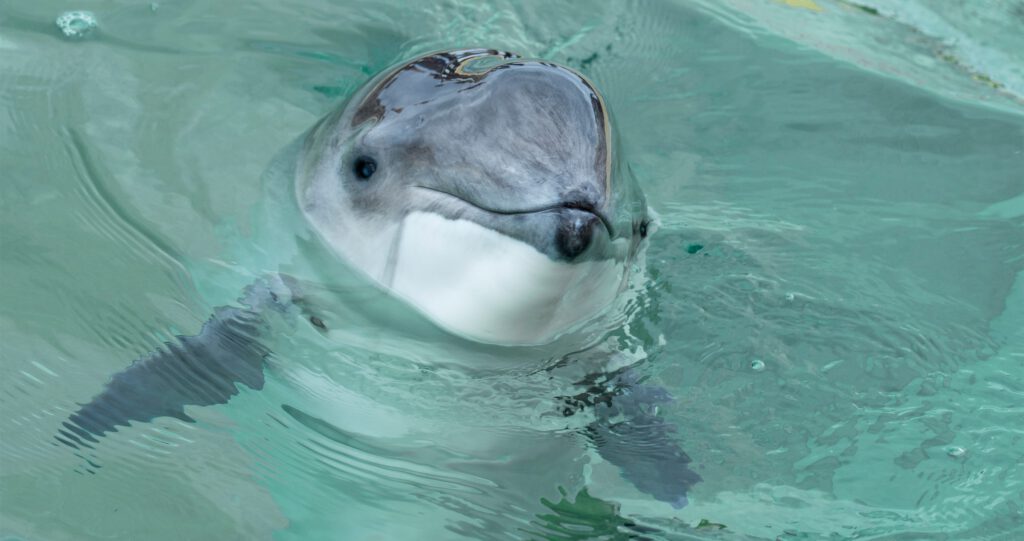
We at Valdivia have the protection and preservation of the oceans and their inhabitants at our heart. Learn more about NABU in this feature and how this well-known organisation fights to turn the oceans plastic-free.

Wjhat a great reason to celebrate Together with our creative agency, we were awarded as "Winner" with the German Brand Award 2023. Read on here to find out more!
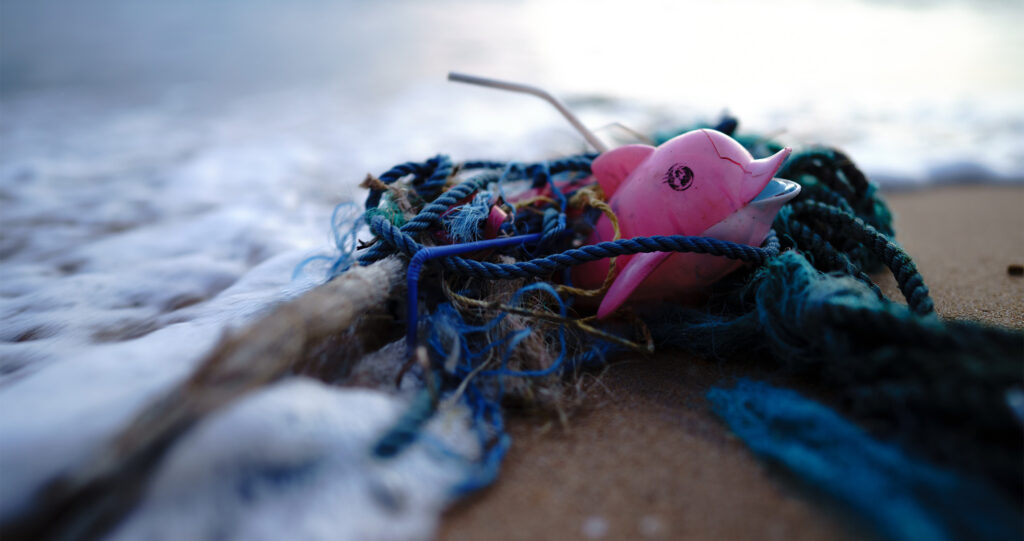
This brand new article of our Valdivia Future Series deals with the state our oceans are in – this time in combination with a hot tip for a very special kind of vacation.

Learn more in this brief summary about how we experienced this years's MPIM in Cannes.

Back from Berlin after three days full of information, discussions and positive debates around the development of the real estate industry in the coming years.

Join us on the exciting journey from the beginnings in rather troubled times to today: What drives us. Where we have come to. What commitment a meeting sometimes demands. And how much the future means to us.
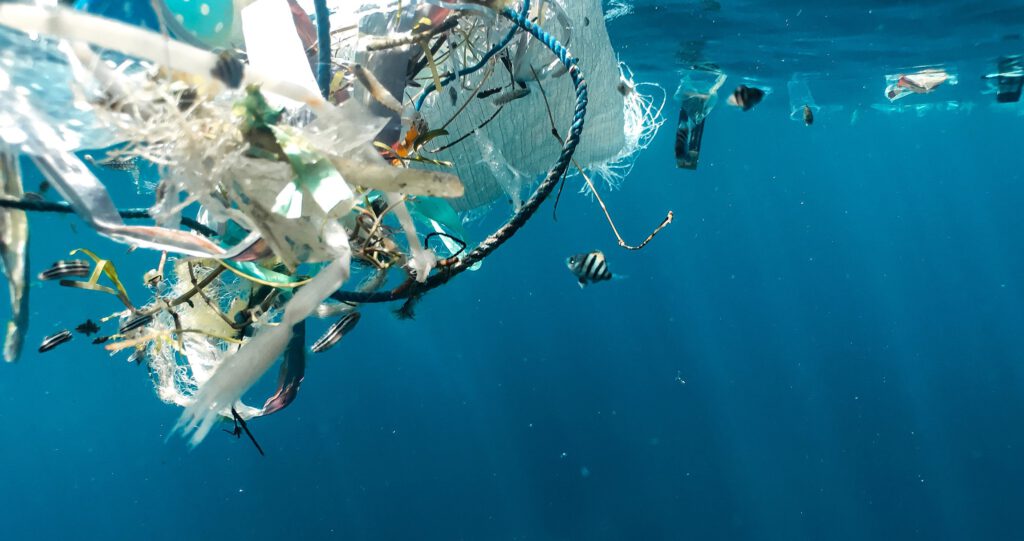
The UN Decade of the Oceans. In our article for our "Future" series, we present the film "Northdrift" today. Plastic waste in the world's oceans and the protection of the seas - important issues for us at Valdivia that we would like to help bring to more attention.
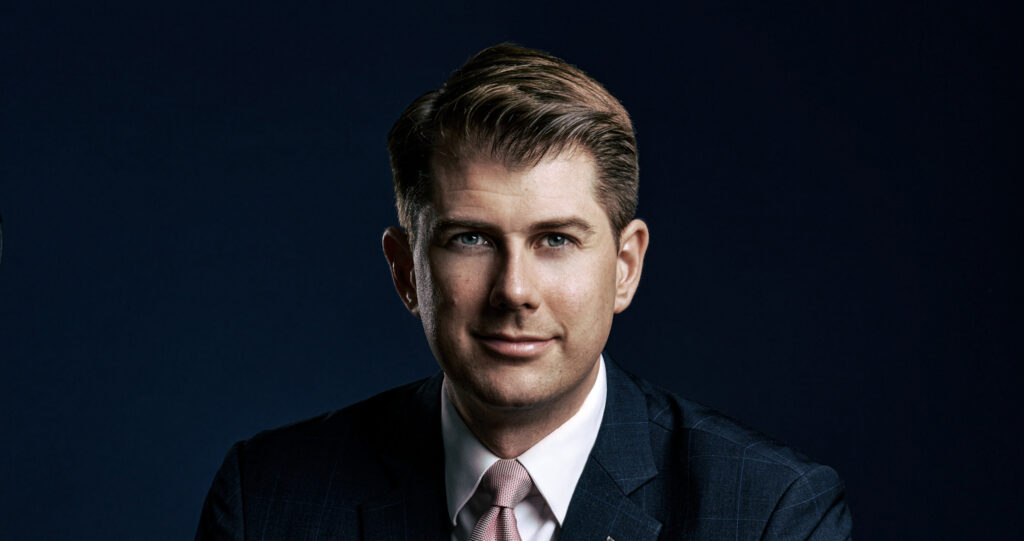
Successful leaders in the real estate industry today - Anthony Baumruk sheds light on this topic in a recent guest feature published in the FAZ.

Back from three days with the decision makers of the real estate industry: Read about the insights of Daniel Bauer, our Managing Partner.

How it all began...the history of Valdivia's origins is full of surprises. Dive in deeply!
